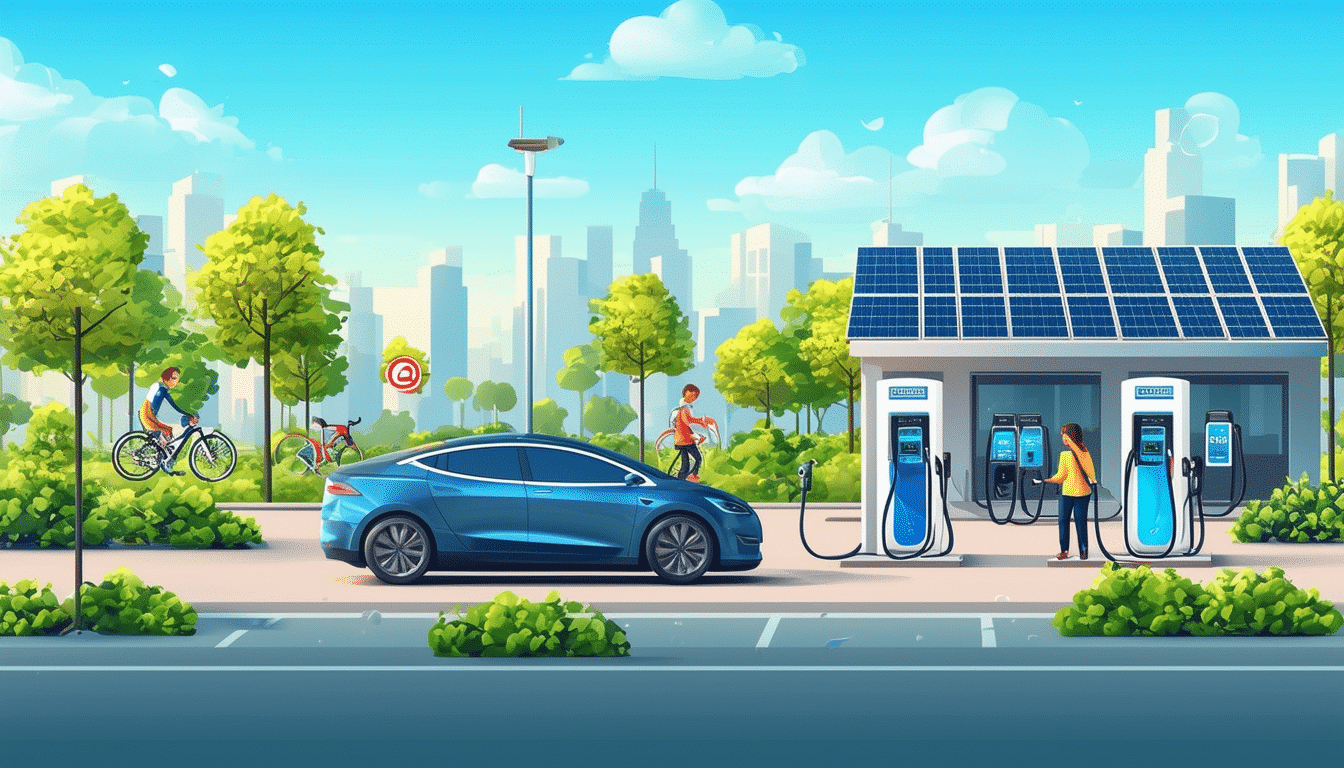Consejos para reducir el consumo de combustible

Reducing fuel consumption is one of the most important priorities today, both to protect the environment and to optimize expenses. With simple adjustments in driving habits and proper vehicle maintenance, it is possible to achieve significant savings. Below are some practical tips that will allow drivers to improve their car’s efficiency and thus contribute to sustainability.
Fuel savings not only benefit your wallet but also contribute to a cleaner environment. With growing concerns about climate change and the impact of gas emissions, it is essential to adopt practices that reduce gasoline consumption. Below are some practical and effective tips that can help optimize fuel use in your vehicle without compromising performance.
Proper vehicle maintenance
Regular maintenance of your vehicle is essential to ensure efficient operation. Checking tire pressure is a critical step, as deflated tires increase resistance and, therefore, fuel consumption. Additionally, changing the air filter periodically ensures that the engine receives enough clean air, thus optimizing its performance and fuel economy.
Adjustments in driving
The way you drive the vehicle has a significant impact on gasoline expenditure. Driving at a steady speed and avoiding sudden accelerations can reduce consumption by a considerable amount. Using engine brake instead of braking hard is also a technique that not only saves fuel but also prolongs the lifespan of the brakes.
Optimization of air conditioning use
Excessive use of air conditioning can lead to a 20% increase in fuel consumption. It is advisable to use it sparingly and consider natural ventilation when possible. Opening the windows instead of turning on the air conditioning for short trips can be an effective solution.
Driving strategies
Adopting a smoother driving style helps maximize fuel efficiency. Avoiding unnecessary gear shifts and maintaining a constant speed on flat roads are practices that will reduce consumption. Moreover, when going down hills, it is advisable to let off the accelerator and take advantage of the vehicle’s inertia to move forward without using fuel.
Vehicle equipment and load
Ensure that you do not carry unnecessary load in your vehicle, as additional weight means more effort from the engine and, consequently, higher fuel consumption. On the other hand, using low rolling resistance tires can be an alternative to decrease consumption. When choosing tires, consider options specifically designed for fuel efficiency.
Route planning
Route planning can significantly contribute to fuel savings. Avoiding roads with heavy traffic or those that require frequent stops and starts can optimize consumption. Using navigation apps that provide real-time traffic information can be beneficial in finding the most efficient route.
Taking breaks
If a prolonged stop is anticipated, such as at a traffic light or while waiting for someone, it is advisable to turn off the engine. This not only contributes to lower consumption but also reduces the emission of polluting gases. In general, a pause of more than 30 seconds justifies turning off the engine.
By implementing these practical tips, fuel consumption can be reduced, resulting in significant savings and a lower environmental impact. Adopt responsible driving habits and enjoy a more sustainable and efficient journey.
Reducing fuel consumption not only represents an economic benefit but also contributes to the protection of the environment. Adopting more eco-friendly driving practices can have a significant impact on reducing harmful gas emissions. Therefore, it is essential to know and apply effective strategies that help optimize the use of fossil fuels.
One of the first tips is to conduct proper vehicle maintenance. This includes checking the tire pressure, ensuring they are inflated to recommended levels, as well as checking the condition of the air filter and other mechanical components. A well-maintained car consumes less fuel and operates more efficiently.
Smooth driving and maintaining a constant speed is another key practice to reduce fuel expenditure. Avoiding sudden accelerations and unnecessary braking helps optimize engine performance. Taking advantage of the engine brake and using vehicle inertia on descents are techniques that favor gasoline savings.
Additionally, it is recommended to reduce the use of air conditioning and keep the windows closed at high speeds, as this decreases air resistance. Also, turn off the engine during prolonged stops, as an idling engine consumes fuel unnecessarily.
Finally, being mindful of the vehicle load and avoiding transporting unnecessary items can significantly improve the fuel performance. Implementing even some of these tips can translate into significant long-term savings and contribute to more sustainable mobility.



